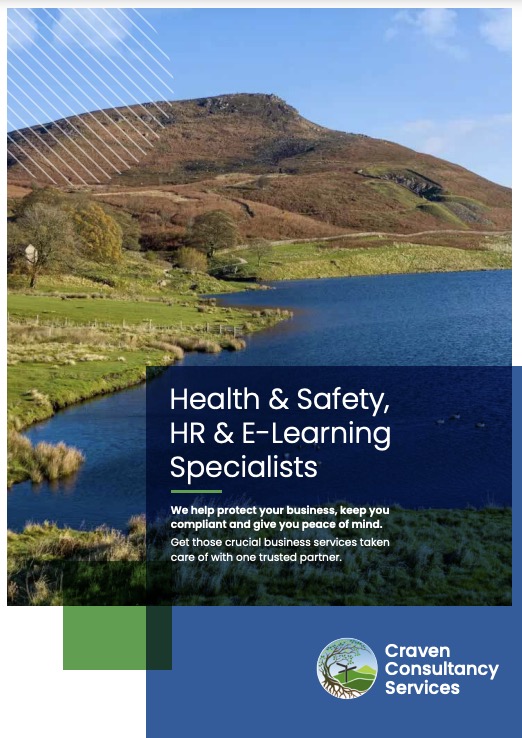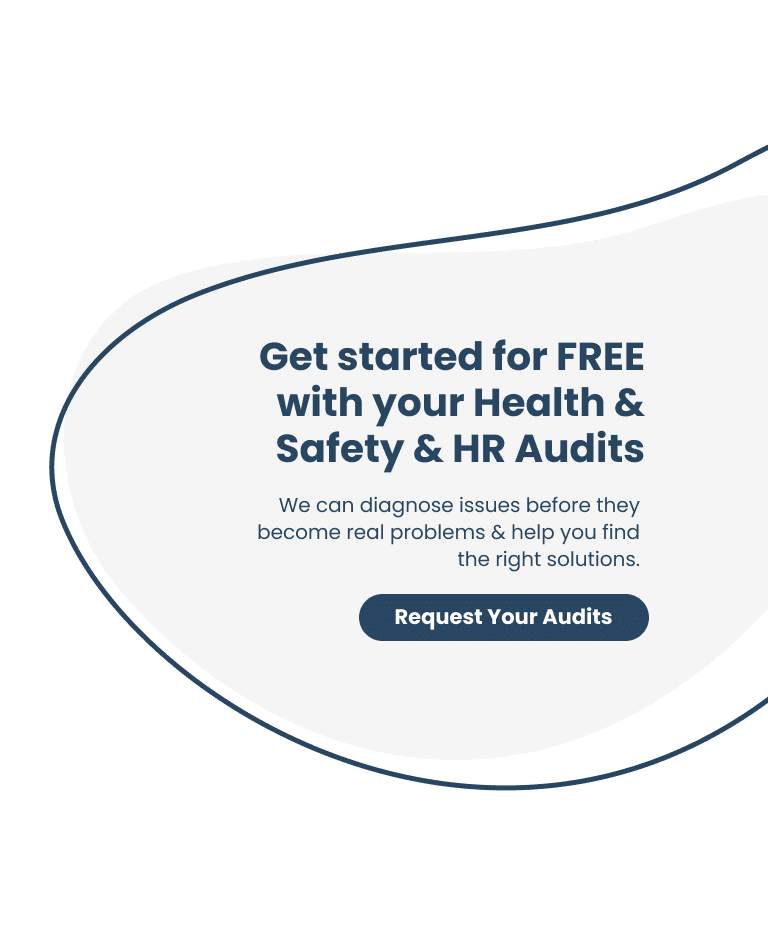Change in Enforcement Expectations for Welding Fumes
In February this year, the Health & Safety Executive (HSE) announced a significant “change in enforcement expectations” regarding welding fumes.
It comes as a result of new scientific evidence which shows that exposure to all welding fumes can cause lung cancer.
The latest change in regulation means that all industries must adequately control exposure to welding fumes. No matter the duration or location of the work.
What are the Latest Scientific Findings?
Findings from the International Agency for Research on Cancer have shown that exposure to mild steel welding fumes can cause lung cancer, and possibly kidney cancer. The findings have led to the reclassification of mild steel welding fumes as a human carcinogen.
What does this Mean for the Welding Industry?
Most significantly the findings have led to the conclusion that there is no safe level of exposure to any form of welding fumes. This means that general ventilation alone will no longer be considered to be an adequate control measure. The only exception will be if undertaking sporadic or occasional low-intensity TIG or resistance spot welding. A combination of good general ventilation and suitable respiratory protective equipment (RPE) is permissible if undertaking other types of welding sporadically or occasional where LEV is not practicable.
Instead, suitable engineering controls such as Local Exhaust Ventilation (LEV) machinery, will need to be in place for regular high-intensity indoor welding activities. Such control measures will have the additional benefit of controlling human exposure to manganese. Manganese is present in mild steel welding fumes. Inhaling these fumes can lead to long term neurological damage, with symptoms comparable to those of Parkinson’s Disease.
However, it is essential to ensure your chosen control method adequately reduces human exposure to fumes.
The new guidelines state, that if LEV fails to control exposure sufficiently, it needs to be supplemented by respiratory protective equipment (RPE). This should be worn at all times when welding is being carried out – both in and outdoors.
All welders need to be fully trained with the correct usage of these control methods, before carrying out any welding work.
What do Employers Need to Do?
- Ensure adequate control methods (e.g. LEV) are in situ to control exposure to welding fumes. LEV testing can help to determine whether or not your control methods are working correctly, and if they are indeed fit for their intended purpose.
- Ensure all welding activities, regardless of duration or location, have suitable control methods in place. This includes outdoor work.
- Should other methods fail to adequately control exposure to welding fumes, suitable RPE must be provided, along with full training.
- Check that all controls are working correctly, being correctly used and are being suitably maintained. Employers also need to ensure that the controls are examined and tested when necessary.
- Ensure all RPE being used is subject to an RPE programme. An RPE programme shows that you – as an employer – are able to correctly use RPE and train others on how to do so.
This news from HSE comes a week after world cancer day, and the new measures are being welcomed by healthcare professionals and industry experts.
HSE COSHH Essentials leaflet WL3 Welding Fume Control has been updated and provides information on suitable LEV system and when it should be used.
Whilst the findings are alarming, the good news is that action can quickly be taken to ensure your business offers a safe and healthy working environment for its employees.
At Workplace Exposure, we can work with you to ensure your business is in line with the latest regulatory changes. We are able to provide you with access to the relevant information and services to ensure your workplace is fully compliant at all times.
Our approach
To get in touch with Workplace Exposure, either give us a call on 0800 689 4386, or fill in our enquiry form to discuss your monitoring or consultancy requirements.
We’ll then provide you with a no obligation proposal, we can often give an initial idea of fees whilst we discuss your needs.
Once you’ve accepted our proposal we can then schedule the work.
Following our site visit we’ll provide you with a comprehensive report giving you advice, recommendations and control measures where appropriate.
Implement the outcomes for compliance and a happier healthier workplace.












